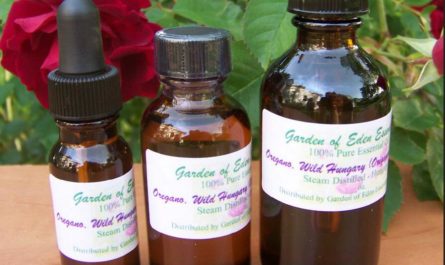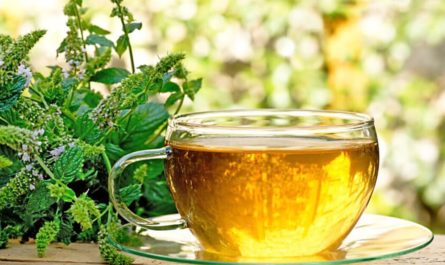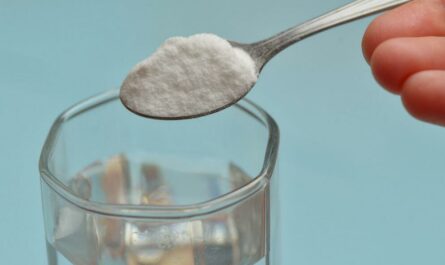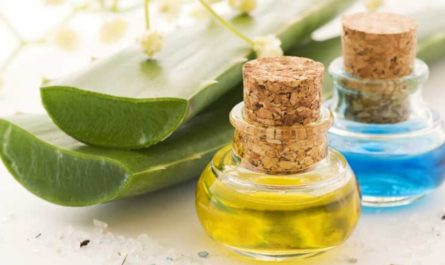Potassium is an essential mineral and electrolyte that plays a vital role in maintaining overall health and well-being. It helps regulate fluid balance, muscle contractions, nerve signaling, and blood pressure levels. While many foods contain potassium, bananas are widely recognized as an excellent source. In this article, we’ll dive deep into the potassium content of bananas and its benefits for optimizing your intake.
What is Potassium?
Potassium is an essential mineral that is vital for the proper functioning of our body. It is an electrolyte, which means it carries an electric charge when dissolved in water. Potassium plays a crucial role in maintaining the balance of fluids and electrolytes in our body.
It helps nerves and muscles communicate, regulates fluid balance, and keeps the heart beating regularly. The adequate intake of potassium for adults is 4,700mg per day. However, most people do not get enough potassium in their diets. Eating potassium-rich foods like bananas can help bridge this nutrient gap.
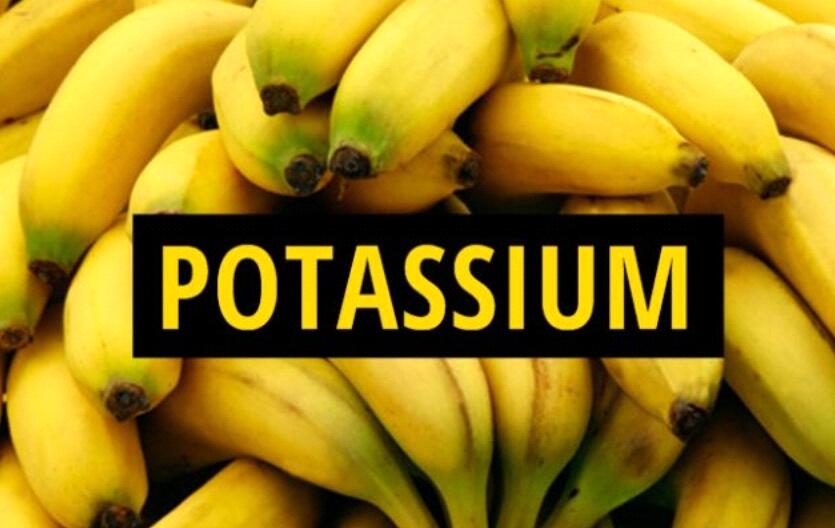
How Much Potassium is in a Banana?
The potassium content in bananas can vary slightly depending on factors such as size and ripeness, but on average, one medium-sized ripe banana contains approximately 420-450 milligrams (mg) of potassium. Here are the approximate potassium amounts in different sizes and forms of bananas:
| Banana Size/Preparation | Potassium Content |
|---|---|
| One whole banana (about 118 g) | 422 mg |
| One medium-sized banana (100 g) | 358 mg |
| One large-sized banana (136 g) | 486.9 mg |
| One cup of sliced banana (about 150 g) | 537 mg |
| One cup of mashed banana (about 225 g) | 805.5 mg |
- A medium-sized fresh banana (7 to 7 7/8 inches long) contains approximately 422 milligrams of potassium, which is about 9% of the daily value.
- A small banana contains around 362 mg of potassium or about 10% of the recommended daily intake.
- One medium (100 g) banana provides 358 mg of potassium.
- One large (136 g) banana offers 486.9 mg of potassium.
- One cup of sliced banana (150 g) contains 537 mg of potassium.
- One cup of mashed banana (225 g) packs 805.5 mg of potassium.
In addition, Banana Peel also contains potassium. Banana peels contain about 78.10 mg of potassium per gram of dry weight. This means that the peels are a concentrated source of potassium.
What Impacts the Potassium Levels in Bananas?
While an average medium banana contains 422mg of potassium, several elements can affect the exact mineral concentration:
1. Ripening Stage
As bananas ripen, their starch transforms into sugars like sucrose, glucose, and fructose. Along with this carbohydrate change comes an increase in antioxidant capacity and nutrients like potassium.
The potassium content in bananas changes as they ripen. Here’s a general breakdown of how potassium levels vary based on ripeness:
| Ripeness Stage | Potassium Content (mg) |
|---|---|
| Green | 358 |
| Yellow | 422 |
| Brown/Spotted | 537 |
As you can see, riper bananas tend to have higher potassium levels. This is because as the banana matures, the starches convert to sugars, and the potassium becomes more concentrated and bioavailable.
However, it’s important to note that overripe or spoiled bananas may lose some of their potassium content due to the breakdown of nutrients over time. For optimal potassium intake, it’s best to consume bananas when they are ripe.
2. Growing Conditions
Factors like soil mineral content, fertilizers used, rainfall, and sunlight exposure can impact banana nutrition. The research found bananas grown in volcanic soil and tropical environments had higher potassium than bananas from less nutrient-dense soil.
Additionally, organic bananas may contain more potassium than conventionally grown. So banana potassium levels can vary based on growth conditions – but typically still provide good potassium content.
3. Cooking Methods
Cooking bananas can diminish potassium levels. Boiling bananas into a mushy soup reduces potassium content by nearly 75%. Meanwhile baking bananas with skins intact retains more minerals than boiling with the skin removed.
Drying bananas into chips or banana flour concentrates the potassium into a smaller volume. Though ounce-for-ounce dried banana has less potassium than fresh, smaller serving sizes make it easy to consume more dried bananas and thus more minerals.
For maximum retention, enjoy bananas raw or lightly baked at temperatures under 300°F.

How Much Potassium Do You Need Each Day?
The recommended daily potassium intake varies depending on age, sex, and certain health conditions. According to the National Academies of Sciences, Engineering, and Medicine, the following are the daily Adequate Intake (AI) levels of potassium for different age groups:
- Infants (0-6 months): 400 mg
- Infants (7-12 months): 700 mg
- Children (1-3 years): 2,000 mg
- Children (4-8 years): 2,300 mg
- Children and Adolescents (9-13 years): 2,500 mg
Certain populations may have higher potassium needs or require closer monitoring of their potassium levels:
- Athletes and active individuals: Due to increased sweat losses, athletes may require higher potassium intake to maintain proper hydration and muscle function. Potassium is lost through sweat, and replenishing these losses is essential for optimal performance and recovery.
- Older adults: As we age, the body’s ability to regulate potassium levels can decline, increasing the risk of deficiency or imbalance. Older adults may need to pay closer attention to their potassium intake and consult with a healthcare professional.
- Those with certain medical conditions: Individuals with kidney disease, heart failure, or those taking certain medications may need to follow a potassium-restricted diet. These conditions can affect the body’s ability to regulate potassium levels. Excessive or deficient intake can have serious consequences.
Benefits of Eating Bananas for Potassium
Incorporating bananas into your diet can provide numerous benefits due to their potassium content:
1. Improved Blood Pressure Control
Potassium helps counteract the effects of sodium, promoting healthy blood pressure levels and reducing the risk of hypertension. Several studies have shown that increasing potassium intake can significantly lower blood pressure. This is especially true in individuals with high blood pressure or those who consume a high-sodium diet.
2. Enhanced Muscle Function
Adequate potassium intake supports proper muscle contractions. This is essential for physical activity and overall muscle health. Potassium plays a role in transmitting electrical signals that trigger muscle contractions, ensuring smooth and coordinated movements.
3. Better Hydration
Potassium plays a role in regulating fluid balance, helping to prevent dehydration and maintain proper hydration levels. It works in tandem with sodium to maintain the delicate balance of fluids inside and outside of cells.
4. Reduced Risk of Kidney Stones
A diet rich in potassium may help decrease the risk of developing kidney stones by promoting a more alkaline environment in the urinary tract. This can help prevent the formation and growth of certain types of kidney stones.
5. Improved Bone Health
Potassium plays a role in maintaining bone density and strength by neutralizing acids that can leach calcium from bones. This can help reduce the risk of osteoporosis and other bone-related conditions.
6. Potential Stroke Risk Reduction
Some research suggests that a diet high in potassium may help reduce the risk of stroke. This is particularly true in individuals with high blood pressure or those who consume a high-sodium diet.
It’s important to note that the potassium from whole foods like bananas is better absorbed. Additionally, bananas provide other valuable nutrients, such as dietary fiber, vitamin C, vitamin B6, and antioxidants.
Other Nutrients in Bananas
While potassium is the star nutrient in bananas, these versatile fruits also provide a range of other beneficial compounds:
- Antioxidants: Bananas contain antioxidants like dopamine and catechin. This can help protect cells from oxidative stress and damage. Oxidative stress has been linked to various chronic diseases, including cancer, heart disease, and neurodegenerative disorders.
- Resistant Starch: Unripe, green bananas are rich in resistant starch. This is a type of fiber that feeds the beneficial bacteria in the gut and may have potential health benefits, such as improved insulin sensitivity and reduced inflammation.
- Vitamin B6: Bananas are a good source of vitamin B6, which plays a role in energy metabolism, immune function, and the formation of red blood cells. Vitamin B6 is also involved in the production of neurotransmitters.
- Magnesium: This mineral is involved in over 300 enzymatic reactions in the body and supports bone health, muscle function, and energy production. Magnesium also plays a role in regulating blood sugar levels and reducing the risk of type 2 diabetes.
- Vitamin C: Bananas contain a modest amount of vitamin C. This is an essential antioxidant that supports immune function, collagen production, and wound healing.
- Fiber: Bananas are a good source of both soluble and insoluble fiber. This can promote healthy digestion, regulate blood sugar levels, and support heart health.
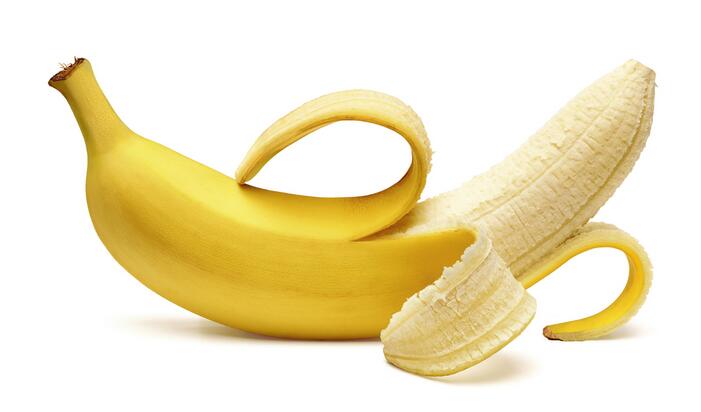
Potassium-Rich Foods: Other Foods High in Potassium
While bananas are often touted as the go-to source of potassium, many other delicious and nutritious foods pack even more of this vital nutrient.
1. White Beans
White beans, including cannellini and navy beans, are one of the best sources of potassium. Just one cup of cooked white beans provides a whopping 1,004 mg of potassium. It is about 21% of the recommended daily value (DV). Beans are also high in fiber, protein, and other essential nutrients. This makes them a fantastic addition to salads, soups, and stews.
2. Potatoes and Sweet Potatoes
Potatoes and sweet potatoes are not only delicious and versatile but also loaded with potassium. One medium baked potato with skin contains 926 mg of potassium (20% DV). One cup of mashed sweet potatoes offers 754 mg (16% DV). Enjoy these starchy vegetables baked, roasted, or mashed for a potassium boost.
3. Spinach
Spinach is a nutrient-dense leafy green that packs a potassium punch. One cup of cooked spinach provides 839 mg of potassium, which is about 18% of the DV[1]. Raw spinach is also a good source, with one cup offering 167 mg of potassium. Add spinach to salads, and smoothies, or sauté it as a side dish.
4. Beet Greens
While beets themselves are a good source of potassium, their leafy greens are even more potent. One cup of cooked beet greens contains a staggering 1,309 mg of potassium, which is nearly 28% of the DV. Don’t toss those greens! Sauté them with garlic and olive oil for a nutritious side dish.
5. Yogurt
Yogurt, especially plain yogurt, is a potassium-rich food that also provides calcium and probiotics for gut health. One cup of plain, low-fat yogurt contains 573 mg of potassium (12% DV). Opt for plain yogurt and add your fresh fruit for a healthy, potassium-packed snack or breakfast.
6. Salmon
Salmon is not only an excellent source of omega-3 fatty acids but also potassium. A 6-ounce fillet of wild Atlantic salmon provides 534 mg of potassium, which is about 11% of the DV. Grill, bake or poach salmon and serve with a side of potassium-rich vegetables for a nutritious meal.
Potential Precautions with High Banana/Potassium Intake
While bananas and potassium are generally safe and beneficial when consumed in moderation, there are a few precautions to consider:
1. Kidney Disease
Individuals with impaired kidney function may need to limit their potassium intake, as the kidneys play a crucial role in regulating potassium levels in the body.
Excessive potassium intake can lead to hyperkalemia (high potassium levels) in those with kidney disease. You should Consult with a healthcare professional for personalized guidance.
2. Hyperkalemia
In rare cases, excessive potassium intake can lead to hyperkalemia, a condition characterized by abnormally high potassium levels in the blood. This is more likely to occur in individuals with underlying kidney or adrenal gland disorders, or those taking certain medications.
3. Medication Interactions
Certain medications, such as ACE inhibitors, angiotensin II receptor blockers (ARBs), and potassium-sparing diuretics. This can affect potassium levels in the body. It’s essential to discuss your medication regimen with your healthcare provider to ensure proper potassium management.
4. Gastrointestinal Issues
Consuming large amounts of potassium-rich foods, including bananas. This may cause digestive discomfort or diarrhea in some individuals, especially those with existing gastrointestinal conditions or sensitivities.
For most healthy individuals, consuming bananas and other potassium-rich foods as part of a balanced diet is safe and beneficial. However, it’s always wise to consult with a healthcare professional if you have any concerns.

